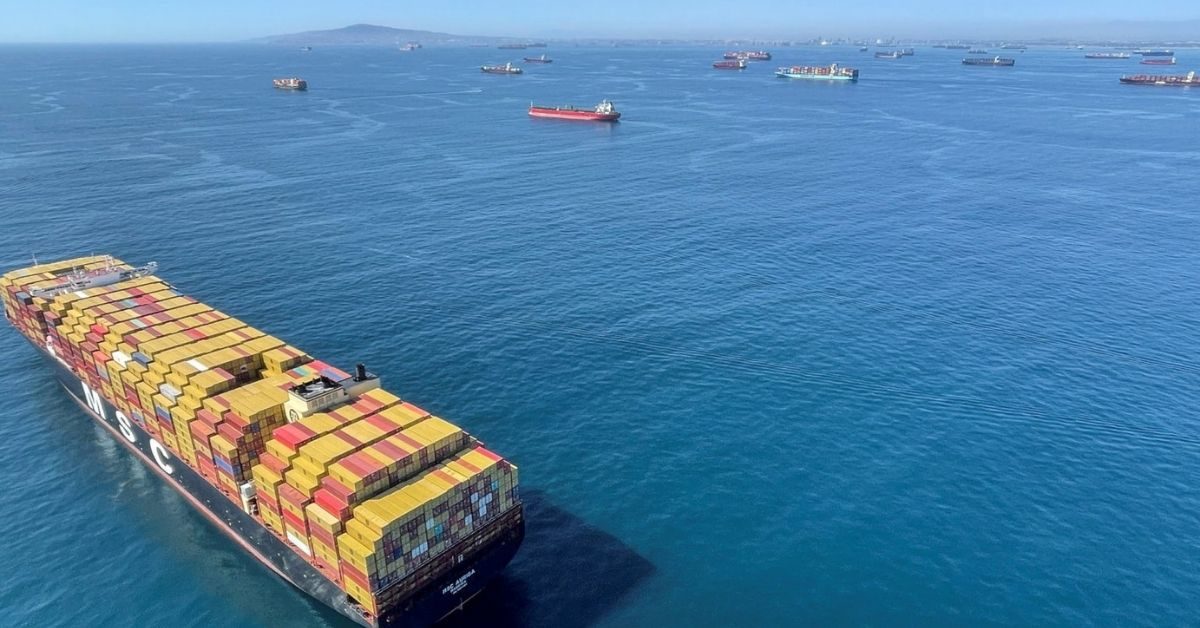Mr. Theodore Ntalakos, Intermodal’s SnP Broker, stated, “Europe is heavily dependent on Russia for its energy demands; it is Russia’s largest energy consumer.” About half of Russia’s crude oil exports go to Europe, while about seventy percent of Russia’s natural gas goes to Europe. As a result of all the sanctions imposed on Russia, Europe will face shortages, supply chain disruptions, higher prices, slower growth, and job losses, leading to an economic slowdown; if this continues, Europe will enter recession, with a spill over effect in the United States, China, and pretty much everywhere else.”
“The sanctions on Russia will, if they haven’t already, have a huge influence on China,” Mr. Ntalakos said. Aside from its annual multibillion-dollar gas purchases, China is Russia’s largest coal buyer, accounting for 15% of China’s coal imports. Although China’s coal inventories are high, and an upcoming seasonal dip – in its use for heating – means it can afford to reduce imports for the time being, any prolonged supply disruption from Russia is a major concern, especially since Beijing continues to ban coal imports from Australia, and major supplier Indonesia, which accounts for 70% of China’s coal imports, imposed new export limits this year. Currently, almost all contracts are US Dollar denominated i.e. there is no way to make payment, however in a prolonged situation there will be discussions with Russian exporters about paying with Renminbi.”
“On a similar move, several press reports say that Saudi Arabia is in active talks with Beijing over the last week, to price some of its oil in Renminbi. This discussion has been going on for the last five years, but has recently become more relevant. Such a move would put a major hole in the US Dollar dominance of the oil market and a shift of the global financial status quo. With such a move the Saudis, apart from showing their discontent with US policy over the last decades, they want to be ahead when China tells them that when they trade with Russia, they do so in Chinese Yuan, so they will import more oil from Russia than Saudi Arabia. Furthermore, just like in all cases of political instability or conflict, there is also a major concern on the other critical and fundamental market, the food market. Russia and Ukraine combined account for more than half of the global sunflower oil trade and about a third of the world’s wheat supply. Many of the developing countries that have huge dependence on Ukraine and Russia will be affected the most since they will experience soaring prices. China did not depend on Russia so much and has just last month announced that they have relaxed restrictions on imports of wheat, so going forward the agreement between Russia and China provides the former with a buyer at a time when exports to other countries are complicated by sanctions and other disruptions”, Intermodal’s analyst noted. “At the moment, coal imports from Far East Russia need to be replaced, this means rising freight costs with shipping charges already substantially higher from Indonesia and South Africa. Wheat imports from African and Middle Eastern countries will also need to be replaced. Countries like Canada, Australia, Germany, and France will come to replace some of it. As we speak a lot of container vessels are waiting or rerouting, as ports in the Black Sea are closed, and the world’s biggest shipping companies like Maersk, MSC, ONE, Hapag Lloyd among others are suspending shipments to and from both Russia and Ukraine giving the global supply chain, still bottle-necked from the pandemic, another hurdle, more like a blow, and sending shipping rates sky. High”, Mr. Ntalakos concluded.







